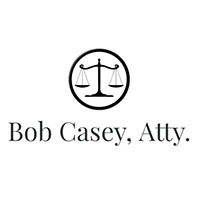Beaverton Child Custody Lawyer, Oregon
Sponsored Law Firm
-
 x
x

Click For More Info:
-
Oliveros Law Group, P.C.
9200 S.E. Sunnybrook Boulevard Suite 335 Clackamas, OR 97015» view mapCriminal Defense, Divorce & Family Law 007 Law
At Oliveros Law Group P.C, our attorneys help clients understand their rights when they have been injured due to the deliberate or careless act of another person.
800-797-7891
Includes: Guardianships & Conservatorships, Custody & Visitation
Bob Casey
✓ VERIFIEDEstate, Wills & Probate, Corporate, Guardianships & Conservatorships, Business Organization
Bob Casey is a practicing attorney in the state of Oregon. He graduated from Seattle University School of Law in 1991 with his J.D.
 Gregory Oliveros Clackamas, OR
Gregory Oliveros Clackamas, OR Practice AreasExpertise
Practice AreasExpertise

